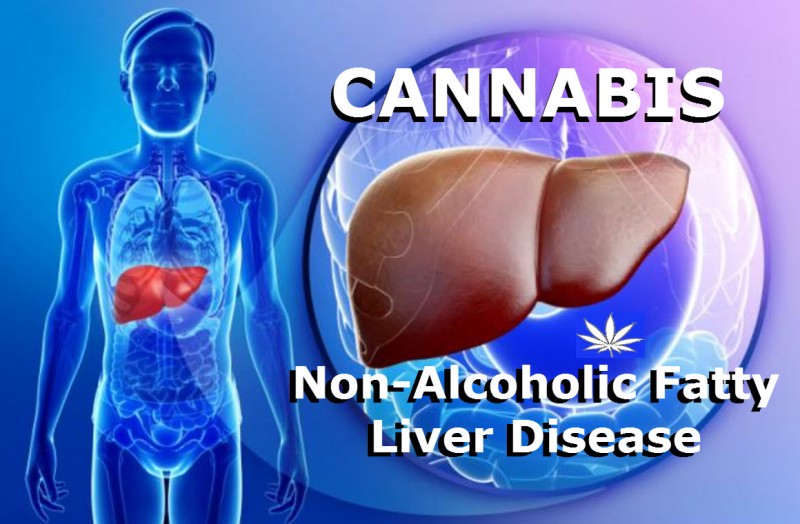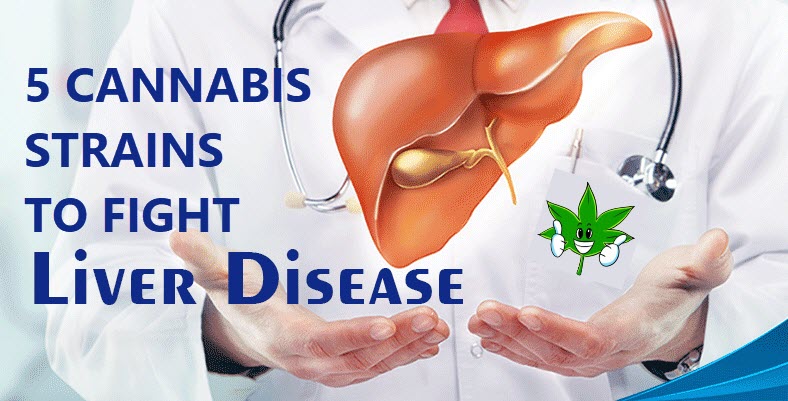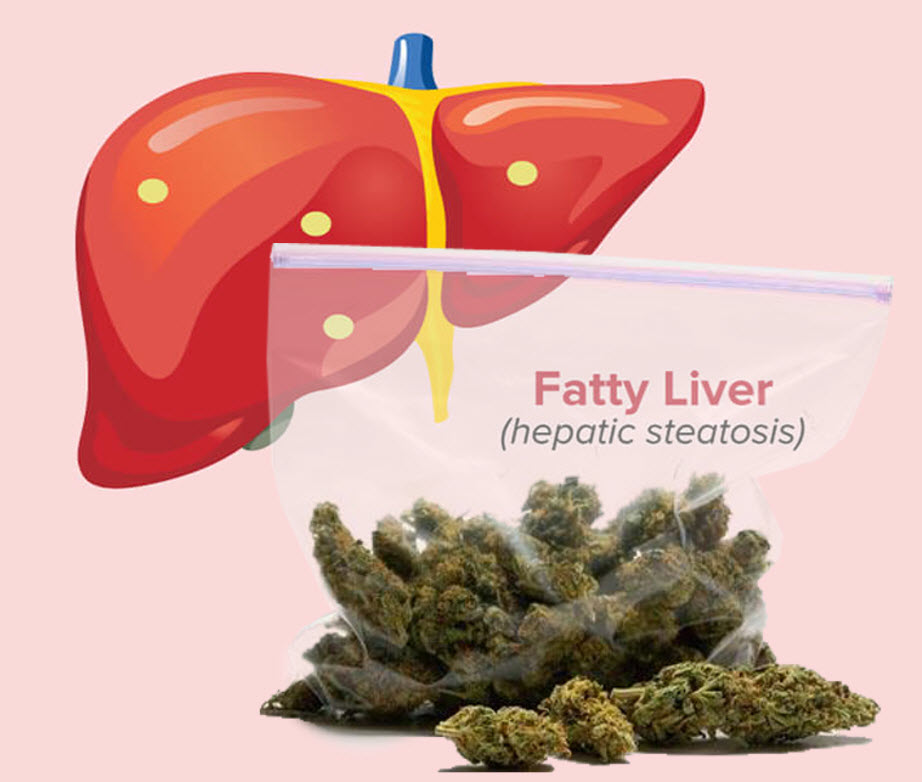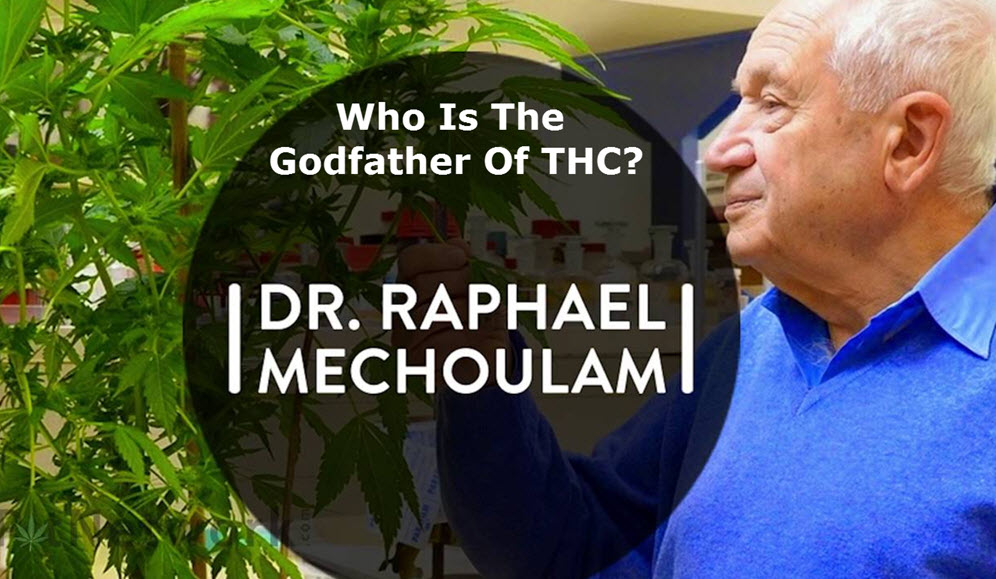Cannabis for Non-Alcoholic Fatty Liver Disease
Non-Alcohol Fatty Liver Disease and Cannabis? from CannabisNet on Vimeo.
Nonalcoholic fatty liver disease is a common disorder of the liver, although it should be treated as soon as possible otherwise complications can lead to cirrhosis.
Detection of nonalcoholic fatty liver disease can be difficult since it usually presents no symptoms; but when they do, these include fatigue, pain in the upper right abdomen, and an enlarged liver. Experts still don’t know what causes some people to accumulate fat in the liver, while others don’t. There is also a lack in information as to why some cases of nonalcoholic fatty liver disease suffer from complications that lead to cirrhosis, while others don’t.
However, there are certain risk factors involved. People who are overweight, have insulin resistance, high blood sugar, and high levels of fat are more prone to developing nonalcoholic fatty liver disease. Other risk factors include metabolic syndrome, sleep apnea, type 2 diabetes, and polycystic ovarian syndrome.
Treatment for nonalcoholic fatty liver disease usually involves exercise and a health diet with the goal of weight loss. Losing excess weight helps patients reduce the risk for complications. If patients have difficulties losing weight, they can also undergo weight-loss surgery especially for those who need to lose over 50 pounds. Some doctors recommend hepatitis A and B vaccinations to protect the liver from further damage caused by viruses. In severe cases, or wherein complications in the liver have already occurred, a liver transplant may be the only solution.
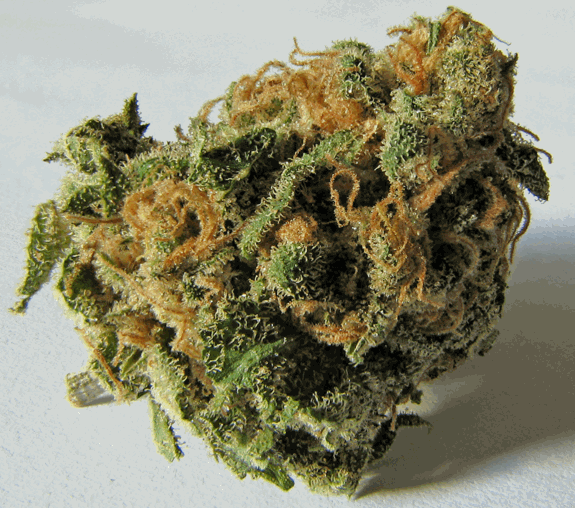
How Can Cannabis Help?
A 2013 study showed that the endocannabinoid system plays a role in several diseases including nonalcoholic fatty liver disease. The researchers found that pharmacological modulation of the endocannabinoid system for treating metabolic syndrome as well as nonalcoholic fatty liver disease may have promise in the future although more studies are needed.
In a 2015 study published in the Journal of Hepatology, cannabis has shown to be promising in treating as well as preventing nonalcoholic fatty liver disease. The researchers stated, “Obesity and associated metabolic syndrome have quickly become a pandemic and major detriment to human health globally. The presence of nonalcoholic fatty liver disease in obesity has been linked to the worsening of the metabolic syndrome, including the development of insulin resistance and cardiovascular disease.”
The researchers studied the impact of cannabinoids CBD and THCV on the participants’ lipid levels, through “a variety of in vitro and in vivo systems, with special emphasis on models of hepatosteatosis”. They found that “THCV and CBD directly reduce accumulated lipid levels in vitro in a hepatosteatosis model.”
They also add, “Currently, there are few options to treat NAFLD, including life style changes and insulin sensitizers. Recent evidence suggests that the cannabinoids THCV and CBD improve insulin sensitivity; we aimed at studying their effects on lipid levels.”
In a more recent study in May 2017, new research reveals that frequent cannabis users are at lower risk for developing fatty liver disease. The study, which is a first of its kind, was conducted by researchers at the University of Massachusetts Medical School. The objective of the study was to analyze the relationship between nonalcoholic fatty liver disease and cannabis use, leading to significant findings. The researchers studied a large sample size of 5.8 million patients from over 40 states and 3,000 hospitals. They discovered that there is a link between cannabis and the disease; and heavy users are actually significantly less prone to developing the condition in life.
According to the researchers, the study “revealed that cannabis users showed significantly lower NAFLD prevalence compared to non-users.” Among the participants, occasional cannabis users had a 15% reduced risk for developing nonalcoholic fatty liver disease, while regular users were as much as 52% less likely. The current known limitations of the study is that there is no information about the strength and kind of strains were used by the participants, or what method of delivery they chose to use. Despite this, the researchers suggest that more molecular level studies be done about this topic.

It seems that the role cannabis plays for treating liver conditions is no secret; in fact, GW Pharmaceuticals may have already discovered this. In animal studies, they have found that compounds in cannabis have been beneficial in treating diabetes while effectively reducing fat in many irreplaceable organs, including the liver.
Have you used cannabis to treat or prevent nonalcoholic fatty liver disease?
OTHER STORIES YOU MAY ENJOY...
CANNABIS FOR LIVER DISEASE, CLICK HERE.
OR..
CANNABIS STRAINS FOR LIVER DISEASE, CLICK HERE.
OR..
CANNABIS FOR FATTY LIVER DISEASE, READ MORE, CLICK HERE.

